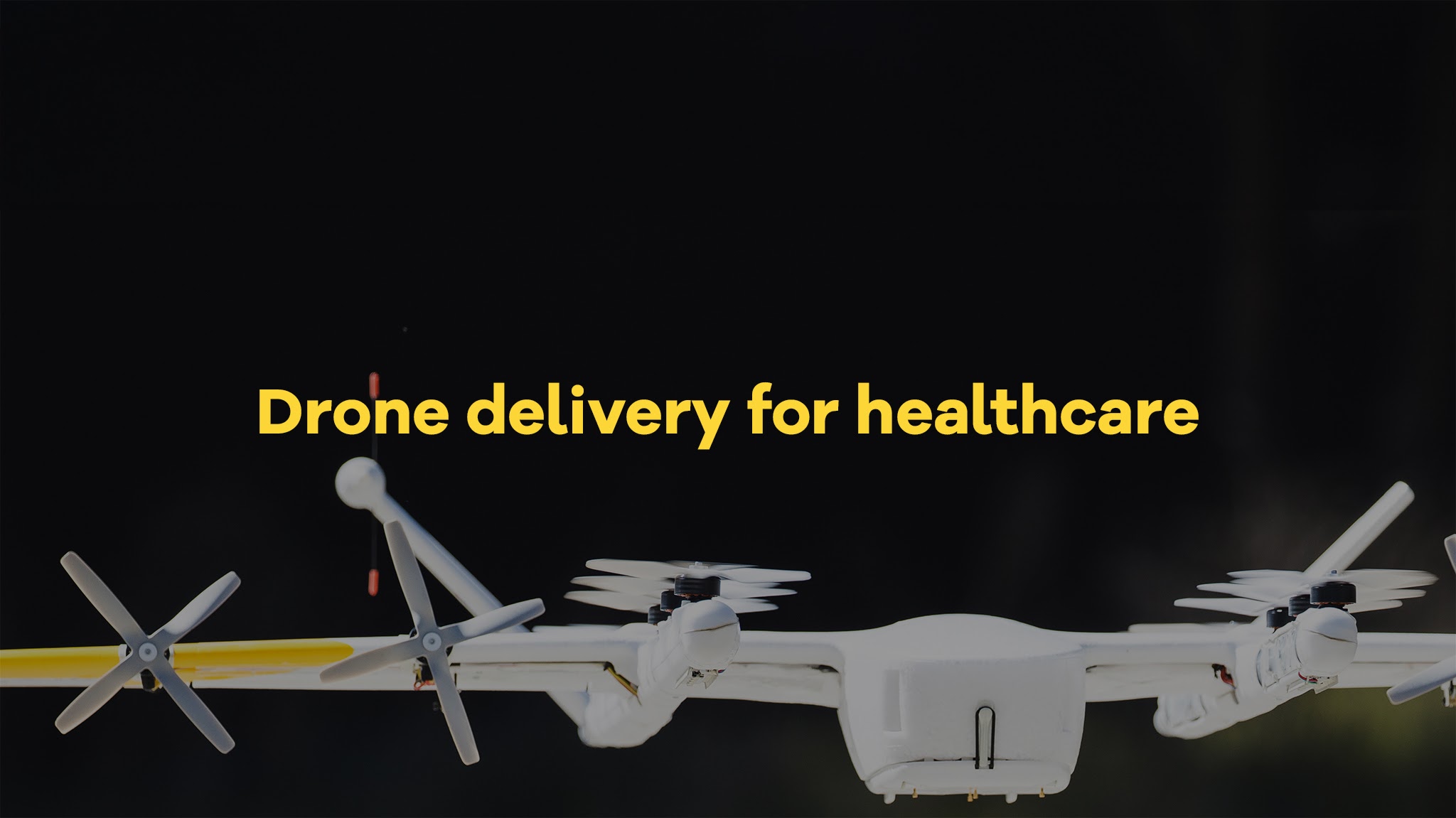September 5, 2023
The potential of drone delivery in enhancing patient care
In the ever-evolving landscape of healthcare, innovative solutions are essential to improving patient care. One solution that holds immense potential is drone delivery. Last month, Wing announced its partnership with Apian, a United Kingdom-based healthcare logistics company connecting healthcare providers with drone operators and service. Wing, a global drone delivery company, has completed 350,000+ deliveries across 3 countries, covering everything from packages to over-the-counter medicine. Healthcare should benefit from on-demand delivery much like consumers do in their personal lives.
Wing’s operations require very little infrastructure and can be set up in a range of spaces, making them suitable for a wide variety of healthcare facilities. We’re looking forward to seeing the impact of creating a rapid medical delivery network in South Dublin through this partnership. Let’s explore the various ways in which drone delivery can enhance patient care, ultimately leading to improved health outcomes.Current methods of transporting lab samples, medical supplies, and medicine between hospitals, clinics, and laboratories pose significant challenges. Delays in sample transportation can have far-reaching consequences, impacting diagnosis and treatment timelines, and ultimately affecting patient care. Despite high courier fees, lab samples and medical supplies are often delayed, damaged, or lost. The average hourly courier fee is $90* and in a survey conducted by Cardinal Health, 69% of providers delayed care over hospital supply chain shortages.
By leveraging their speed and agility, drones can expedite the delivery of lab samples, drastically reducing turnaround time. Wing’s fleet of lightweight, highly automated delivery drones can fly at speeds up to 65 mph, avoiding road congestion to deliver items in minutes. This accelerated process leads to faster diagnoses, timely treatment planning, and most importantly, improved patient outcomes. This streamlined approach not only reduces delivery times, but also enhances operational efficiency as it frees up clinician time, and guarantees that patients receive the care they need when they need it. Optimizing inventory management and reducing waste ensure the availability of critical medical supplies, reducing delays, improving overall operational efficiency and saving cost. By embracing these innovative solutions, healthcare providers can enhance patient care and work towards a healthier future for all.
*Wing internal study, 2022. User interviews with lab technicians and other individuals collecting, shipping, and processing medical specimens and lab samples to uncover key pain points.

